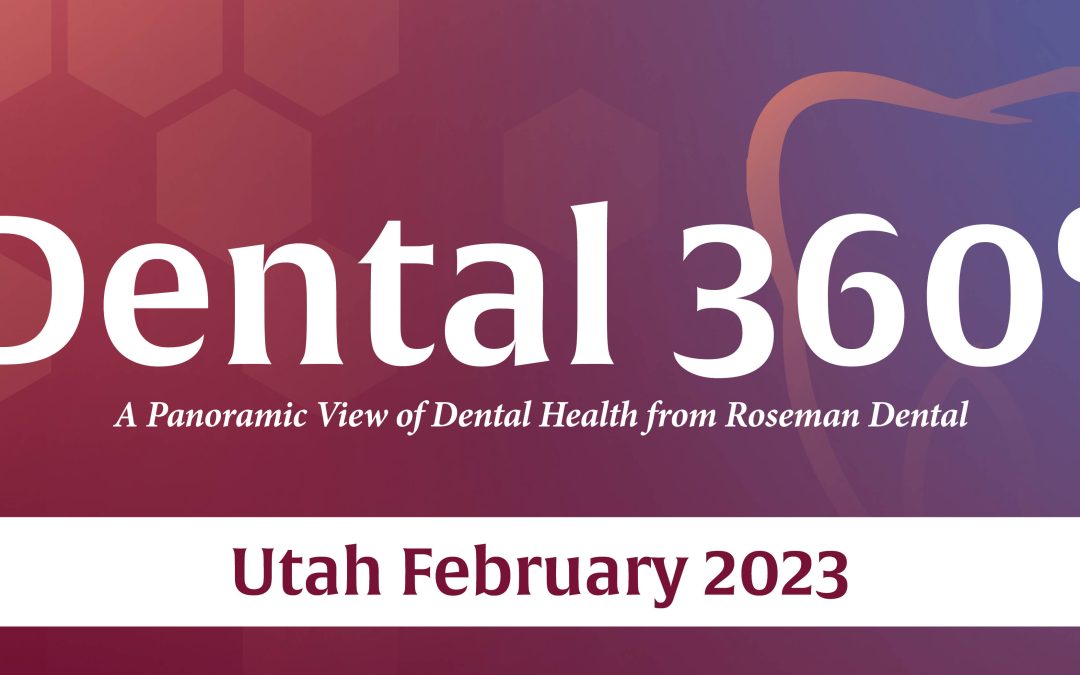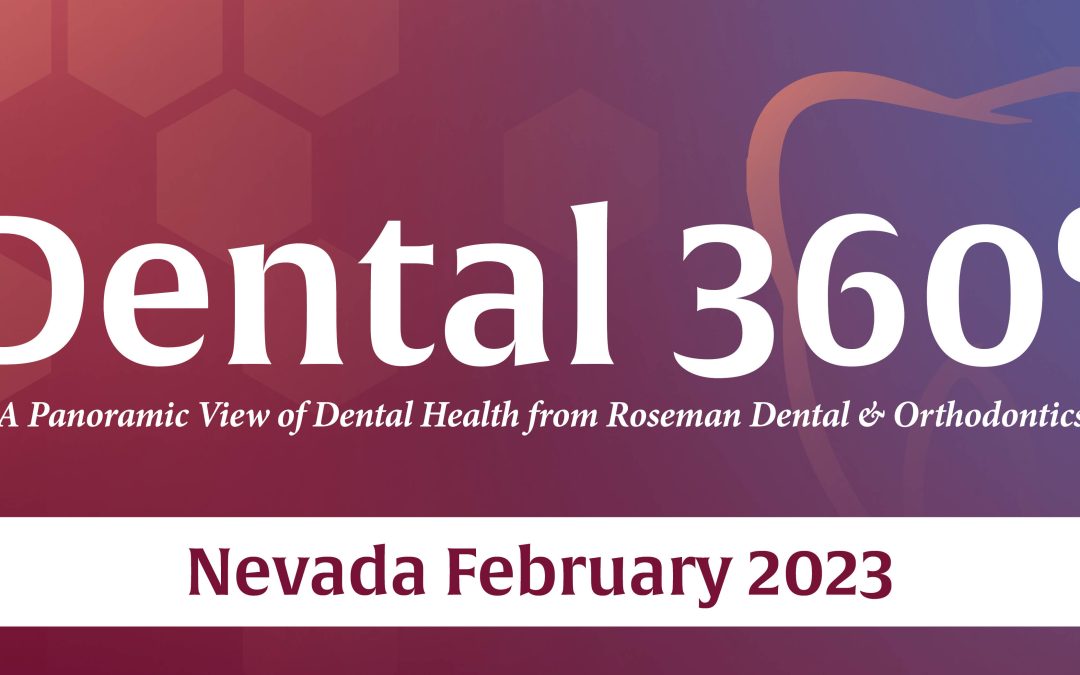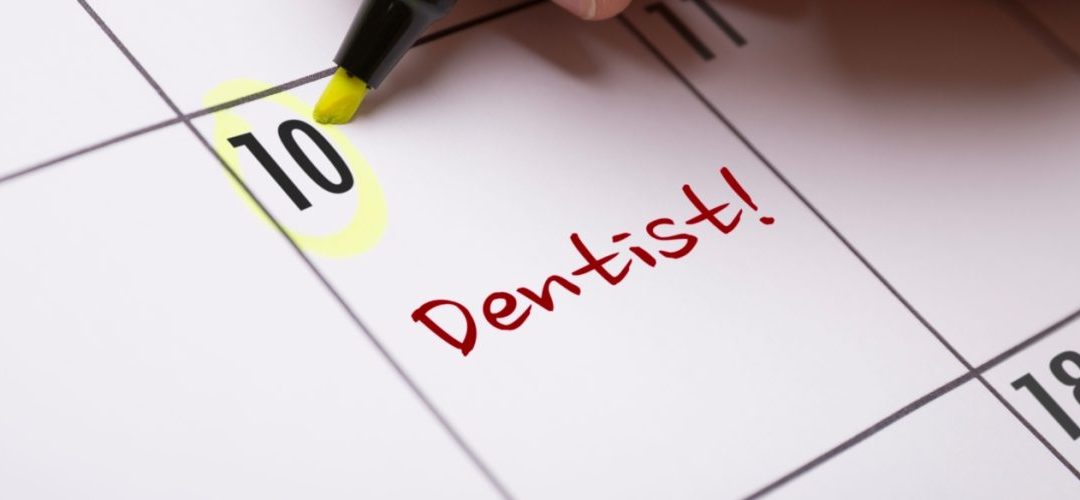The American Academy of Pediatric Dentistry recommends all children be seen by a dentist no later than 12 months of age. Because baby teeth are vital for proper nutrition intake for the many years to come, it is important to have them evaluated periodically starting from a young age. Building an early rapport with the dental team also allows children to have the opportunity to get used to the dental setting so that if any treatment needs arise in the future, they would have already developed a sense of comfort and familiarity with the dentist and staff.
The first dental visit for an infant usually comprises of a thorough visual exam and fluoride gel application. We check to see if the appropriate numbers of teeth are present, how well those teeth are being brushed, presence of anomalies and pathology, and of course any presence of dental cavities. Your pediatric dentist will discuss and demonstrate how to properly maintain your baby’s oral hygiene and give you recommendations on food items to avoid in preventing the formation of tooth decay. This appointment is also a great opportunity to bring up any issues and questions you may have that are specific to your child, some of which may include: thumb sucking, pacifier use, weaning of breast milk/bottle, and teething symptoms. Some children may have a lip or tongue tie which can also be evaluated and treated during this early visit.
Most infants and young toddlers are unable to sit by themselves in the dental chair so the dentist may use the lap- to-lap technique to perform a proper examination. This is done with the parent and the dentist sitting across from each other, knees touching. Your child will sit on you facing your direction so you can talk to your baby and offer words of fun and excitement. You will then gently lean your child back so that his/her head is lying on top of the dentist’s lap. While the dentist is checking all the teeth and painting on fluoride gel, you may be asked to hold your baby’s hands for stabilization and continue to talk to and comfort your child. You will also be able to see very clearly what the dentist is doing and showing you. It is normal and expected for young children to be a little frightened and nervous for their first dental visit. In this gentle, non-threatening position, your child stays in close proximity to you at all times and anxiety is thus minimized.
For exceptionally independent toddlers and older children that show an interest in further participation, a professional cleaning can also be performed by the dental hygienist during the same appointment. This process is very similar to dental cleaning for adults except children usually don’t have as much plaque and tartar build-up so the duration is usually much shorter in time. Your child can either lie down in the dental chair or you can even have your child lay on top of you to make the experience more comforting. We often spend a significant amount of time showing kids the different instruments we use, using analogies and examples in a playful manner that are easy to understand for them. Some kids don’t like lying down all the way so we have them sit up or recline only partially. We make our best effort in making these early cleaning visit easy and fun for young children.
Depending on your child’s specific dental anatomy and development, the dentist may also want to take between two to four x-rays to diagnose potential problems such as decay or developmental anomalies.
Before making that first appointment, make sure to do some research so you can find the right doctor for your child. Most infants and toddlers will receive a more positive experience with a pediatric dentist who is specifically experienced in communicating with children in a comfortable manner and is well-trained in diagnosing and treating a comprehensive array of oral issues.
Because everybody has a different personality, it is important to take your child to the dentist for the first time with an open mind. Be emotionally and verbally supportive to your little one but do allow the dental professionals to communicate with your child in their own ways. Try to stay calm and positive even if your toddler refuses to do what is being asked of them at the moment or becomes upset. With age and maturity, most children eventually love going in for their dental check-ups. Just remember to bring your camera so you can keep memories of these fun early experiences!
Author: Dr. Alice Chen, Board Certified Pediatric Dentist







